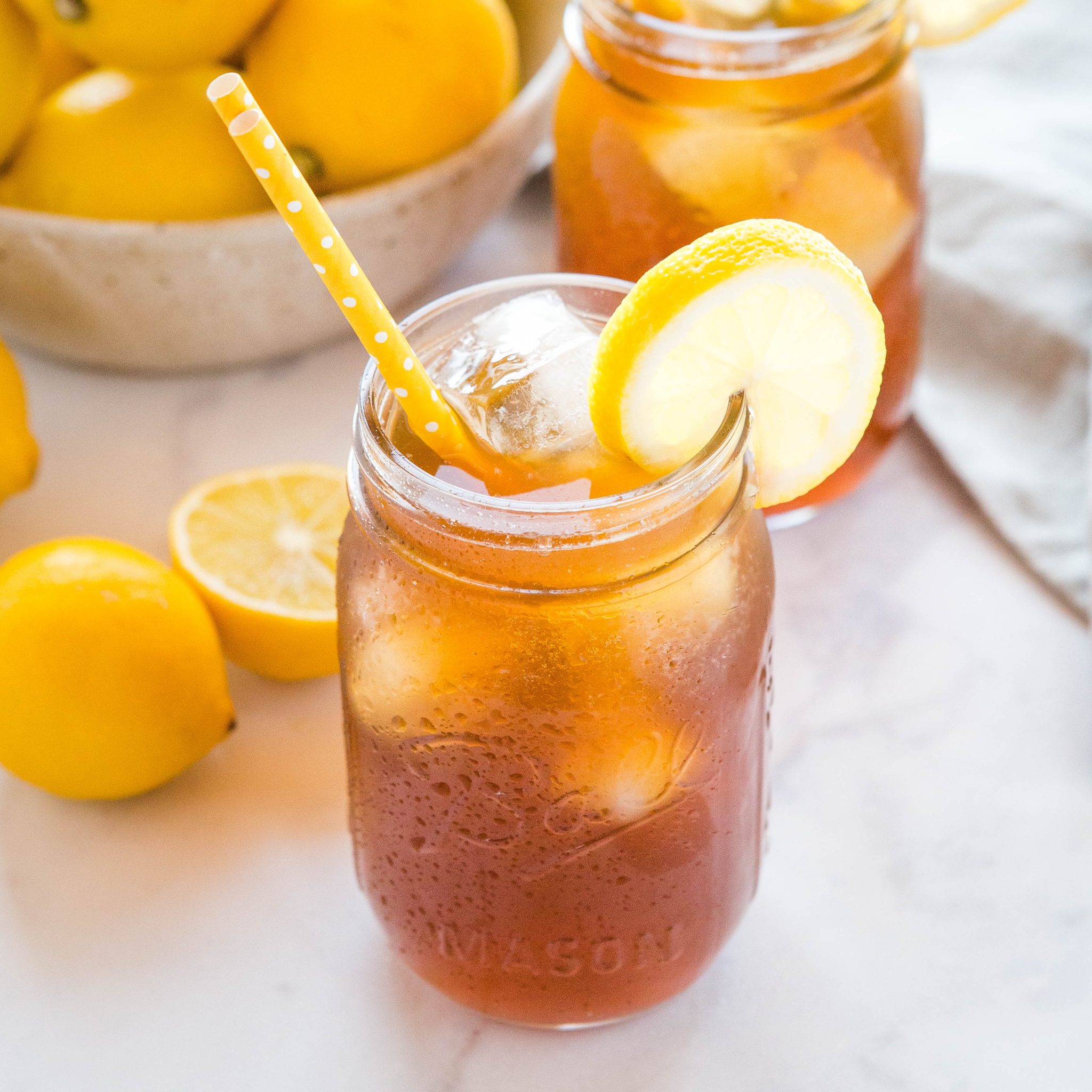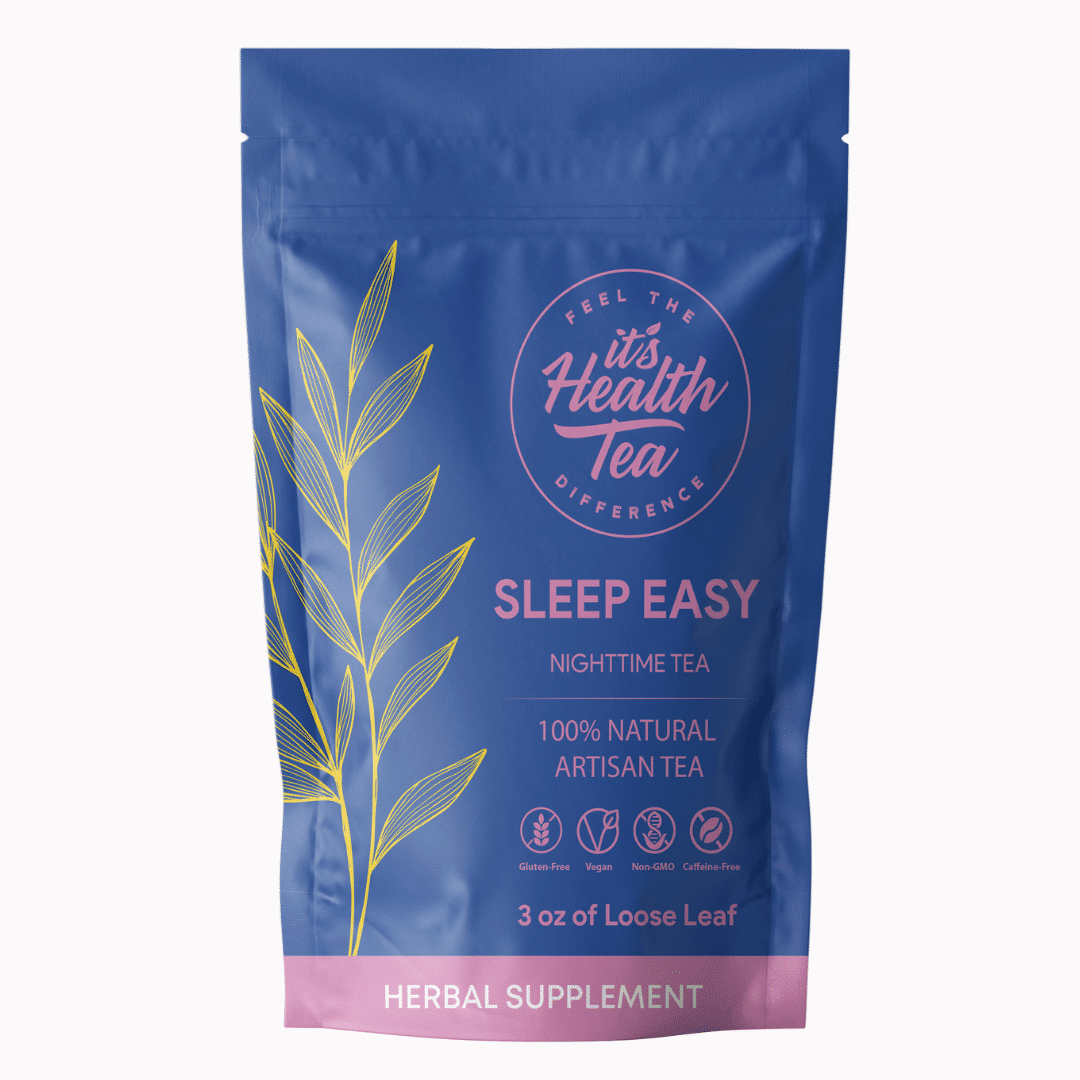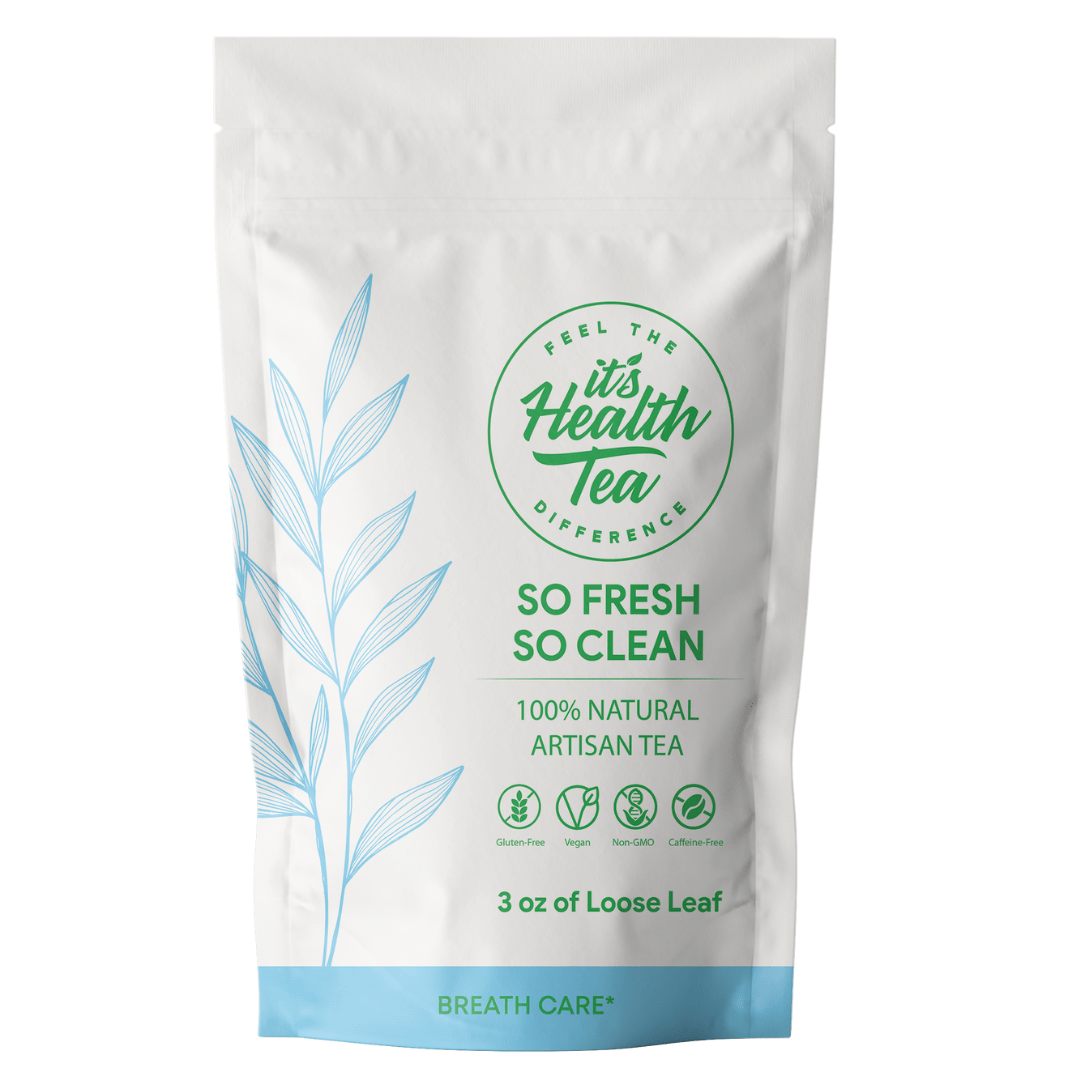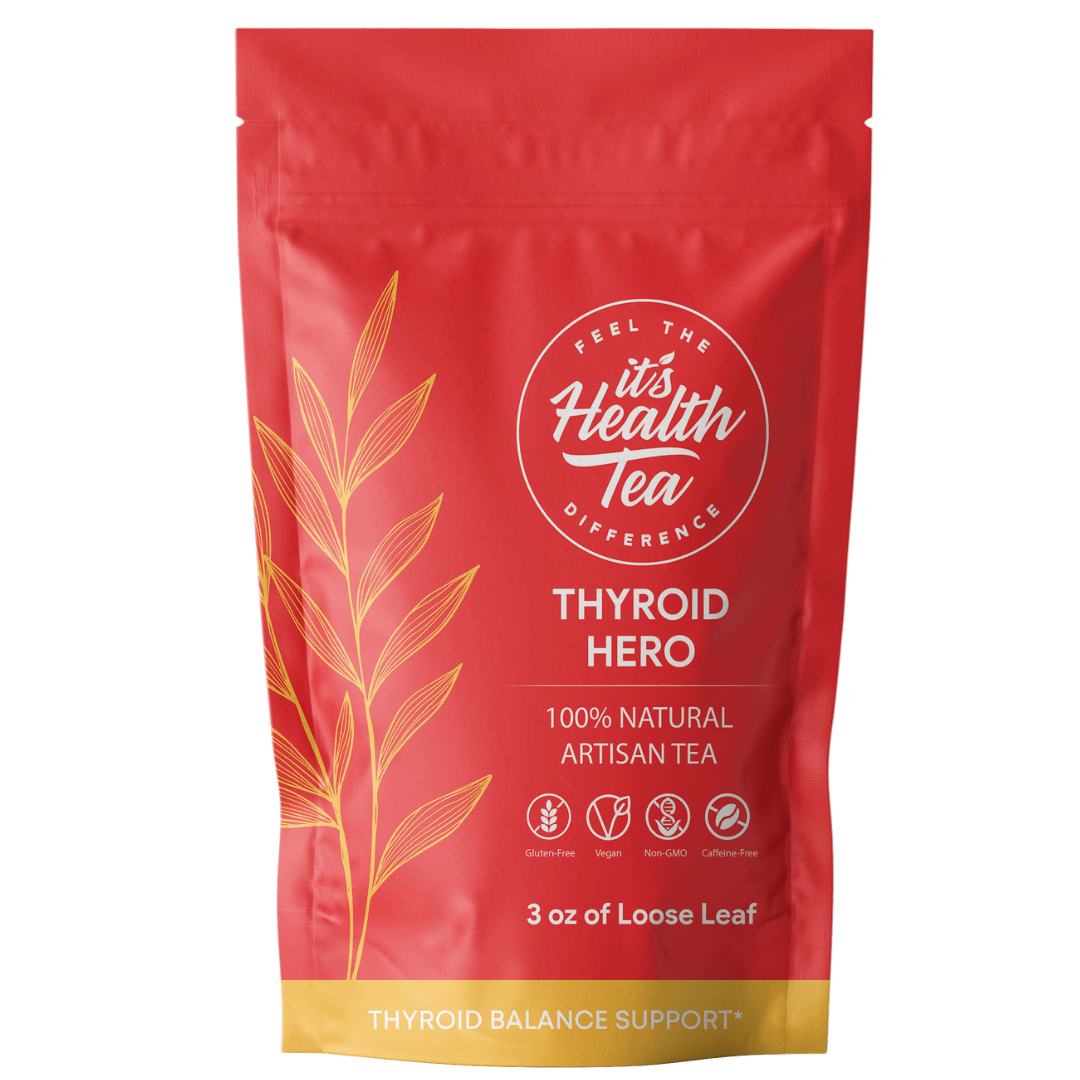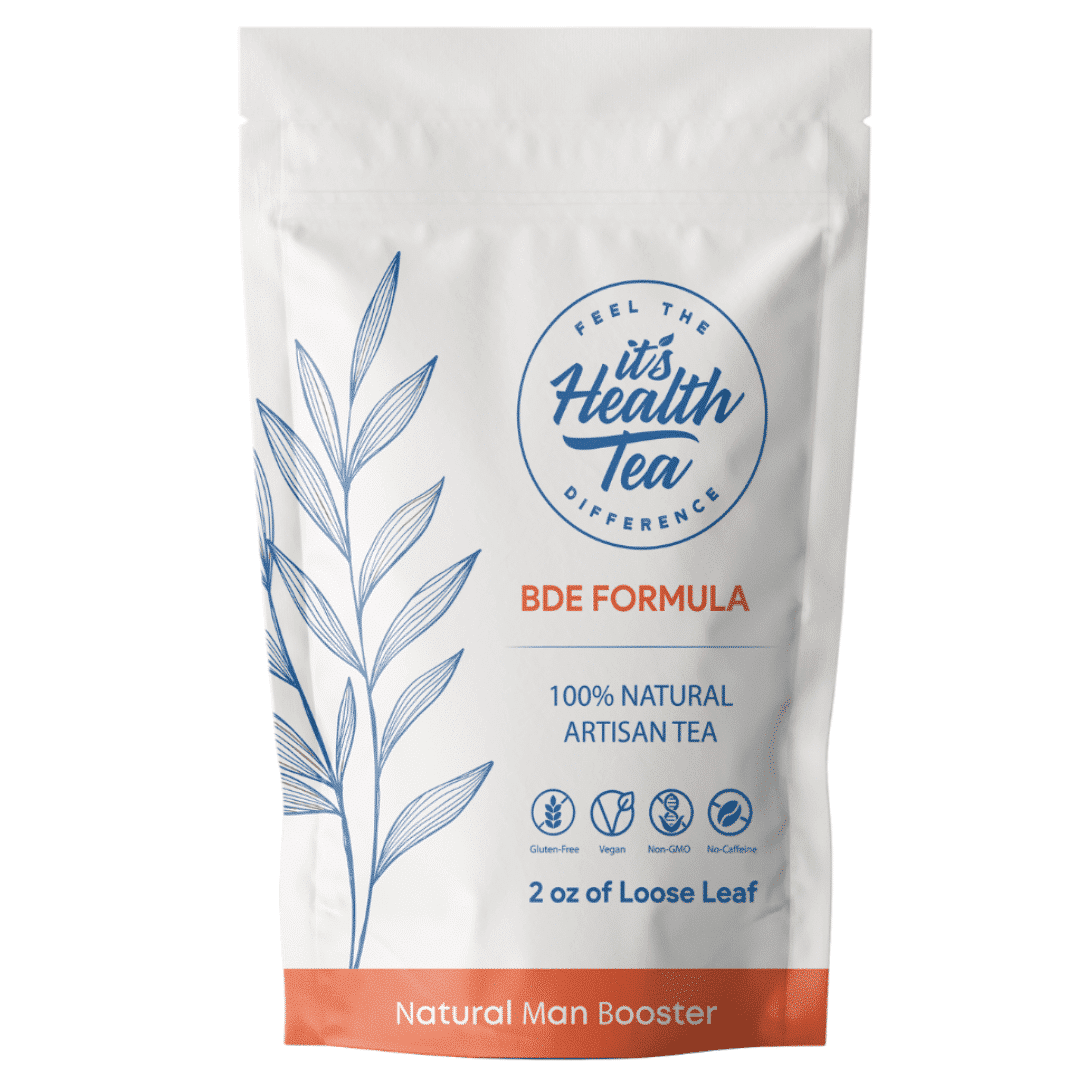Many consume iced tea, it’s delicious. It’s important to make the distinction between iced tea that’s sold in in bottles, pre-made, to making a tea blend at home, for example, one from ItsHealthTea, and putting it in the fridge to drink it as iced tea by refrigerating it.
Iced tea (or ice tea) is a form of cold tea. Though usually served in a glass with ice, it can refer to any tea that has been chilled or cooled. It may be sweetened with sugar, syrup and/or apple slices.
Usually, you will find iced tea is incredibly high in sugars which, of course, is unhealthy for you. We discourage the consumption of packaged iced tea for that reason.
Summer is the peak season for drinking iced tea, but the popular drink can contribute to painful kidney stones. Iced tea contains high concentrations of oxalate, one of the key chemicals that lead to the formation of kidney stones.
WHAT DOES OXALATE MEAN?
Oxalate is a compound found in some foods, and it is also produced as a waste product by the body. It exits the body through the urine. Too much oxalate may cause kidney stones in some people.
Foods high in oxalate include:
- Beans.
- Beer.
- Beets.
- Berries.
- Chocolate.
- Coffee.
- Cranberries.
- Dark green vegetables, such as spinach.
- Nuts.
- Oranges.
- Rhubarb.
- Soda (cola).
- Soy beans.
- Soy milk.
- Spinach.
- Sweet potatoes.
- Tea (black).
- Tofu.
- Wheat bran.
WHAT TEAS ARE HIGH IN OXALATES?
In a study from 2012, here are some findings from teas that are high in oxalate.
“The results showed that the highest of oxalate content was found in black tea (1.36–4.42 mg/g tea), followed by oolong tea (0.74–3.94 mg/g tea), green tea (0.44–2.18 mg/g tea) and the lowest was found in white tea (0.40–1.79 mg/g tea).”
The mean soluble oxalate contents of black tea in tea bags and loose tea leaves were 4.68 and 5.11 mg/g tea, respectively, while green teas and oolong tea had lower oxalate contents, ranging from 0.23 to 1.15 mg/g tea. The soluble oxalate content of the herbal teas ranged from not detected to 3.00 mg/g tea.
HOW TO REDUCE OXALATE IN YOUR DIET?
Cleveland Clinic suggest these 6 steps to control oxalate for kidney stones:
Six steps to control oxalate for kidney stones
- Eat fewer high-oxalate foods.
- Increase the amount of calcium in your diet.
- Limit the vitamin C content of your diet.
- Drink the right amount of fluids every day.
- Eat the right amount of protein daily.
- Reduce the amount of sodium in your diet.
WHAT TEAS ARE GOOD FOR KIDNEY STONES?
- Dandelion tea.
- Nettle tea.
- Ginger and turmeric tea.
- Green tea.
However, by far, the best tea for kidney stones (both prevent and get rid of,) is chanca piedra tea. Buy some of our most popular chanca piedra blends.
- Chanca Piedra (25 Tea Bags)
- Chanca Piedra with Passion Fruit Tea Blend
- Chanca Piedra with Blackberry Fruit Tea Blend
- Chanca Piedra with Moringa Tea Blend
